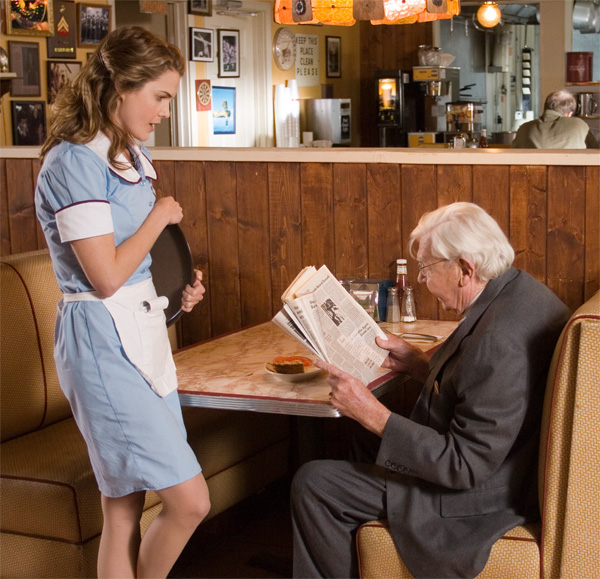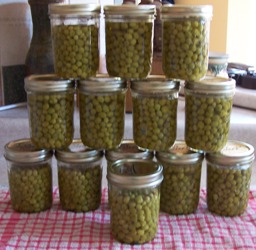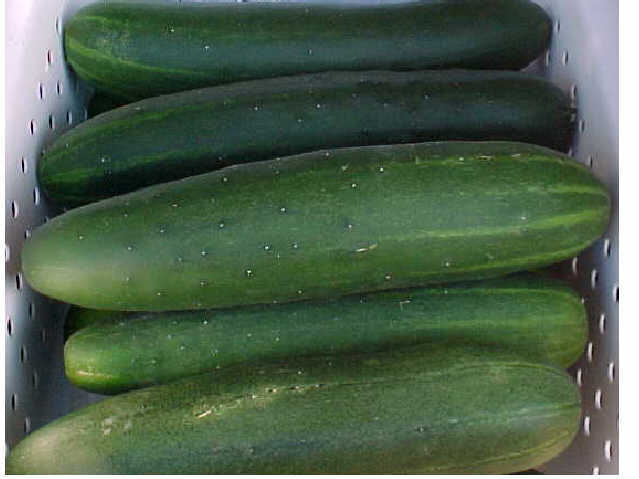When outbreaks of foodborne illness are suspected, health types struggle with how much information to publicly provide and when. There are so many uncertainties, and every situation has its own specifics based on potential future exposure, lethality of the agent, and getting it wrong. There aren’t any guidelines, and every county, state and federal department seems to make it up with each outbreak.
What about the collateral damage?
The St. Petersburg Times reports this morning that two days after the Hernando County Health Department (that’s in Florida, north of Tampa) issued an alert that people had gotten sick after eating at an unidentified restaurant on U.S. 19 in Spring  Hill, independent restaurant owners along the busy corridor began to feel the ripple effects of the announcement.
Hill, independent restaurant owners along the busy corridor began to feel the ripple effects of the announcement.
Nadia Gauthier, manager of The Restaurant, said Thursday that business dropped by nearly half of what she was expecting as word quickly spread through the community.
"People were definitely talking about it," Gauthier said from the eatery at 3438 Commercial Way. "It seemed like they were scared to eat in a restaurant."
In the following days, concerned diners flooded the Health Department and local media with calls. Most demanded the name of the suspect eatery, noting that by not identifying the place, it painted all Spring Hill restaurants with unfair suspicion.
C.P. Damon, owner of Nellie’s Restaurant in Weeki Wachee, said he saw a 50 percent decline in business.
"It hurt us really bad," Damon said. "Our customers stopped coming because they thought they were going to get sick eating here."
Perhaps his worst day was St. Patrick’s Day, when his staff had prepared corned beef and cabbage for what he expected would be a robust holiday crowd. By 3 p.m., Damon decided to send two cooks and other workers home.
On Wednesday, the Health Department confirmed that more than 100 people had been stricken with norovirus after dining at or coming in contact with someone who dined at  Kally K’s Steakery & Fishery, 3383 Commercial Way, Spring Hill.
Kally K’s Steakery & Fishery, 3383 Commercial Way, Spring Hill.
But when the agency released its original alert on March 15, it declined to name the restaurant, citing its ongoing joint investigation with the state Department of Business and Professional Regulation.
Damon thought that was bad policy.
"It became a guessing game that was based on a lot of rumors," Damon said. "No one wants to eat where they think they’re going to get sick. And with no way of knowing, they just stopped coming."
In a statement, Health Department spokeswoman Ann-Gayl Ellis defended the agency on Thursday, saying, "In any event of this type, until the health department has confirmed clinical results that provide a credible link to the source, it will not issue specific information on the restaurant in question."
Does that apply to something like a listeria outbreak, with its 30 per cent kill rate? Doubtful.
Kally K’s manager Christina Malo said her restaurant has suffered as well, and laments that so many people were affected by the norovirus.
marked with FLT DATE of 08/23/11 and 08/30/11. Retailers may have bundled or wrapped the hot basil in small foam trays prior to placing on retail shelves.

 was corrected on site and potentially hazardous food in the pastry hot box that contained beef and cheese was not held at 135 degrees Fahrenheit or above. Also, more than 50 live roaches were found in the kitchen: more than 40 were on a wire shelf, underneath prep tables, inside the oven and on the floor, and more than 10 roaches were seen in a storage room, 15-feet away from the kitchen.
was corrected on site and potentially hazardous food in the pastry hot box that contained beef and cheese was not held at 135 degrees Fahrenheit or above. Also, more than 50 live roaches were found in the kitchen: more than 40 were on a wire shelf, underneath prep tables, inside the oven and on the floor, and more than 10 roaches were seen in a storage room, 15-feet away from the kitchen. ice machine; food was stored in ice used for drinks; a food preparation employee wore jewelry other than a plain ring on his or her hands/arms; there were no hand-washing signs at sinks used by employees; no conspicuously located thermometer in a holding unit; no chemical test kit for sanitizer at the 3-compartment sink or ware-washing machine and more than 63 fresh rodent droppings were found on kitchen shelves above the 3-compartment sink, underneath the microwave and grill table and on the floor.
ice machine; food was stored in ice used for drinks; a food preparation employee wore jewelry other than a plain ring on his or her hands/arms; there were no hand-washing signs at sinks used by employees; no conspicuously located thermometer in a holding unit; no chemical test kit for sanitizer at the 3-compartment sink or ware-washing machine and more than 63 fresh rodent droppings were found on kitchen shelves above the 3-compartment sink, underneath the microwave and grill table and on the floor..jpg) infection contracted from eating oysters.
infection contracted from eating oysters..jpg) purchase, sell or ship oysters from Area 1642 in Apalachicola Bay, Fla. because the oysters may be contaminated with toxigenic Vibrio cholerae serogroup O75.
purchase, sell or ship oysters from Area 1642 in Apalachicola Bay, Fla. because the oysters may be contaminated with toxigenic Vibrio cholerae serogroup O75. involved.
involved. Hill, independent restaurant owners along the busy corridor began to feel the ripple effects of the announcement.
Hill, independent restaurant owners along the busy corridor began to feel the ripple effects of the announcement. Kally K’s Steakery & Fishery, 3383 Commercial Way, Spring Hill.
Kally K’s Steakery & Fishery, 3383 Commercial Way, Spring Hill..jpg) if it will prevent additional people from barfing?)
if it will prevent additional people from barfing?)(12).jpg) environmental health investigation, according to a media release.
environmental health investigation, according to a media release.